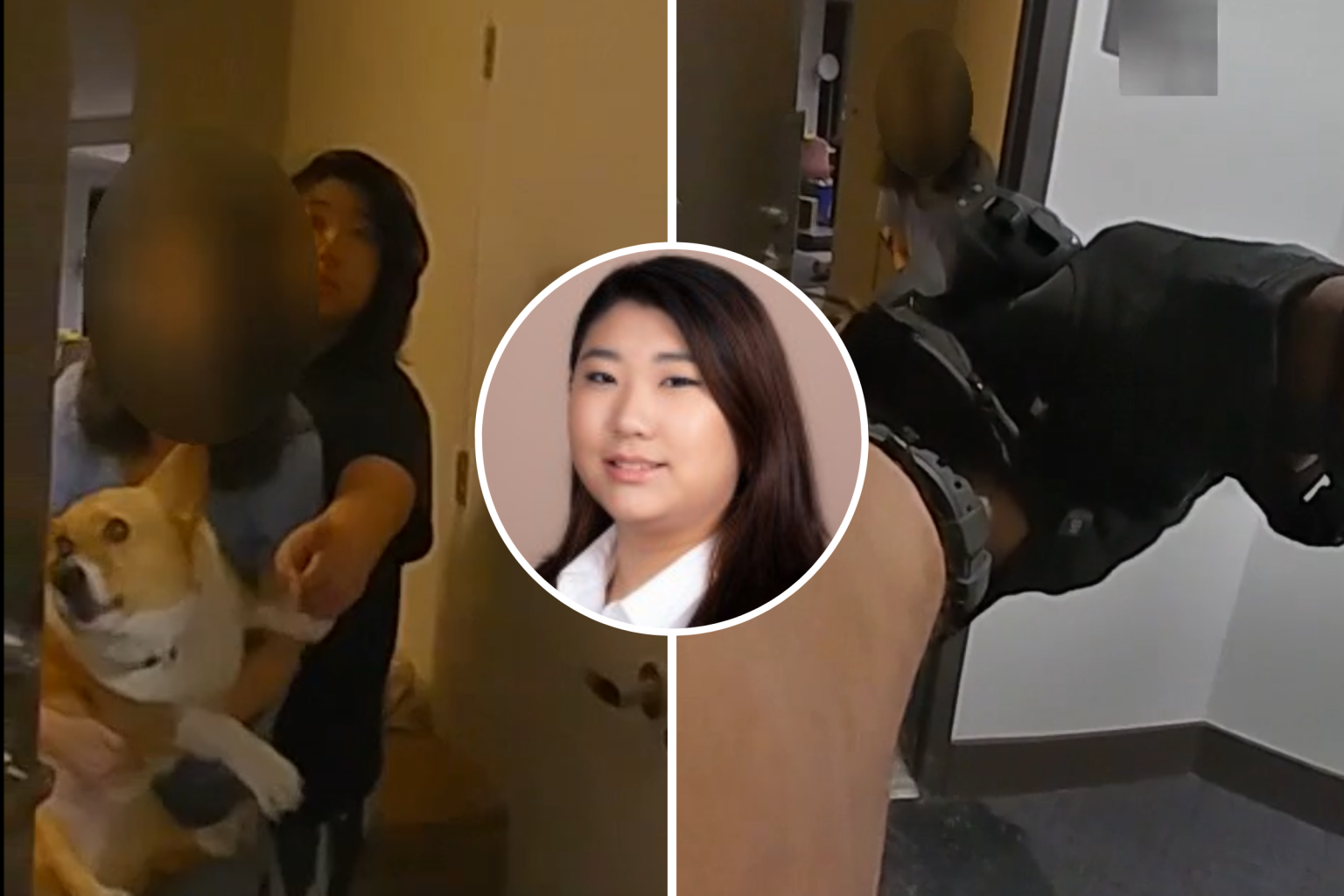Fort Lee police responded to a mental health crisis involving Victoria Lee, who suffered from bipolar disorder, after receiving a call from her brother seeking help. The family did not want police intervention, but officers arrived and broke down the door to Lee’s apartment. The video footage shows that Lee was holding a water bottle when officers fired a fatal shot into her chest, causing her death. The family criticized the police response as unnecessarily aggressive, stating that Lee was not violent and had dropped her pocketknife before being shot. The family is seeking justice for Lee and working with legal representatives to bring the full details of the incident to light.
The Center for Policing Equity CEO Dr. Phillip Atiba Solomon highlighted the tragic pattern of police encounters resulting in fatalities when dealing with individuals experiencing mental health crises. Experts pointed out the need to enhance mental health support systems and alternatives to traditional law enforcement responses in such situations. Asantewaa Boykin, co-founder of the Anti Police-Terror Project, expressed concern over the frequent use of force against individuals in mental health crises, calling for greater awareness of non-police resources and response methods. Emphasizing the importance of community involvement in advocating for change, Solomon and Boykin outlined steps for individuals to engage with local officials and demand the implementation of mental health-focused response strategies.
The tragic incident involving Victoria Lee’s death at the hands of the police underscored systemic issues in law enforcement responses to mental health emergencies. Family members of individuals affected by police brutality were encouraged to seek support and resources for healing and taking action to address systemic injustices. While acknowledging the challenges and emotional toll of advocacy efforts, experts emphasized the importance of continued engagement and activism to effect positive change. Solomon stressed the need for communities to push for alternatives to law enforcement involvement in mental health crises, such as co-response policing with mental health professionals.
The Lee family’s grief and pursuit of justice for Victoria resonated with broader calls for police accountability and mental health crisis response reform. Instances of fatal police-involved shootings in New Jersey raised concerns about the need for comprehensive training and resources to support individuals in mental health crises. As families affected by police violence sought to create legacies and advocate for change, community engagement in demanding transparency, accountability, and alternative response methods remained critical. Encouraging individuals to remain hopeful in the face of ongoing challenges, experts highlighted the importance of collective action and advocacy to address systemic issues and promote safer, more effective responses to mental health crises.








